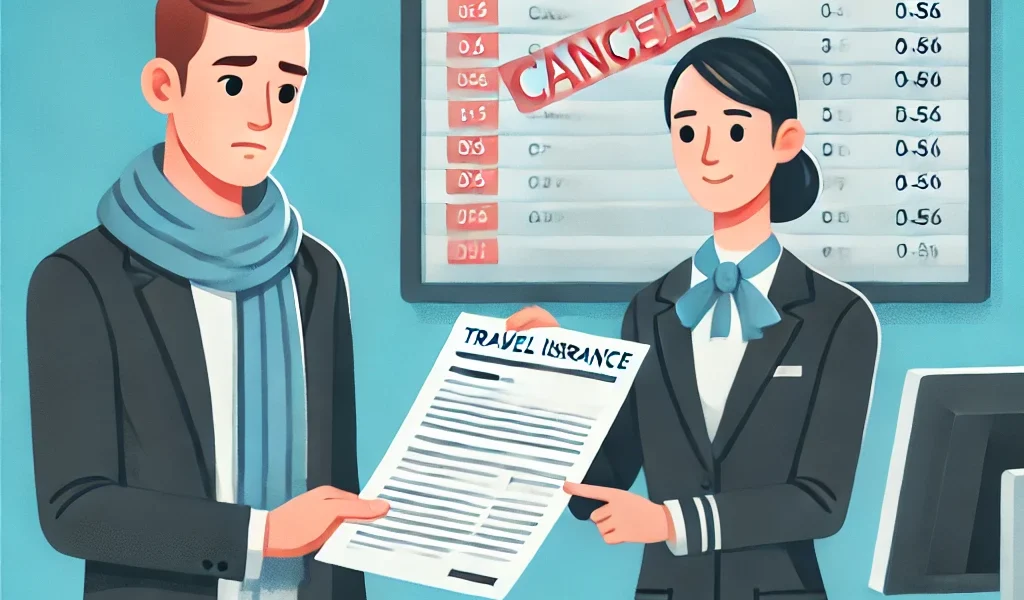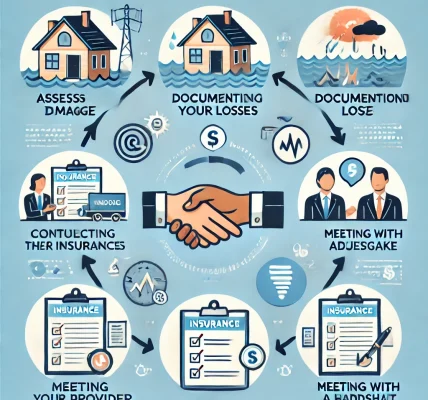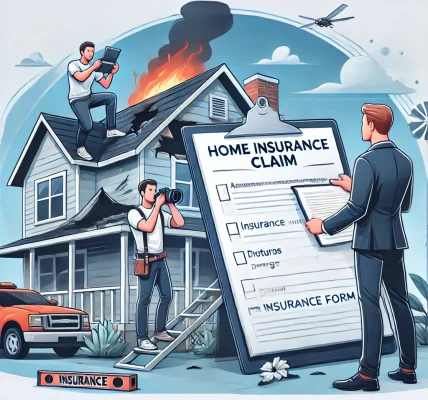Traveling comes with excitement and expectations, but sometimes unforeseen circumstances can force you to cancel your trip. In such cases, travel insurance can be a financial lifesaver by covering the expenses related to your cancellation. However, claiming compensation for a trip cancellation can be a complex process if not handled correctly. This guide will help you understand how to claim compensation smoothly and efficiently without unnecessary delays or denials.
Understanding Trip Cancellation Coverage
Trip cancellation coverage is a key component of travel insurance that reimburses non-refundable trip costs if you have to cancel for covered reasons. These can include:
- Medical emergencies (your own or a family member’s serious illness or injury)
- Death of a close family member or traveling companion
- Natural disasters (hurricanes, earthquakes, or severe weather making travel impossible)
- Terrorist incidents at your destination
- Jury duty or legal obligations
- Job loss or employer-mandated work obligations
Not all reasons qualify for reimbursement, so it’s crucial to review your policy before filing a claim.
Step-by-Step Guide to Filing a Trip Cancellation Claim
Step 1: Review Your Policy Coverage
- Carefully read your insurance policy to understand what trip cancellations are covered.
- Check the documentation requirements for filing a claim.
Step 2: Notify Your Travel Providers
- Contact airlines, hotels, and tour operators immediately to cancel bookings and request refunds.
- Get written confirmation of your cancellation and any non-refundable amounts.
Step 3: Gather Required Documents
The success of your claim depends on proper documentation. You’ll typically need:
- A claim form from your insurance provider (completed and signed)
- Proof of travel expenses (airline tickets, hotel bookings, tour reservations, etc.)
- Cancellation proof, such as emails from airlines or hotels confirming your request
- A doctor’s note or hospital records (if the cancellation is due to a medical issue)
- Death certificate (if cancellation is due to a family member’s passing)
- Employer letter (if job-related reasons prevented travel)
Step 4: Submit Your Claim Promptly
- Most insurers require claims to be submitted within a specific timeframe (usually 30–60 days after cancellation).
- Submit the claim online through the insurer’s website or via email/mail as per their instructions.
Step 5: Follow Up on Your Claim
- Keep track of your claim status via your insurance provider’s online portal or customer service.
- If you haven’t received a response within the expected processing time, follow up with the claims department.
Tips to Ensure a Smooth Claim Process
- Buy Comprehensive Travel Insurance: Some policies have limited coverage. Consider policies that cover trip cancellations for multiple reasons.
- Document Everything: Keep copies of all receipts, emails, and communications related to your trip and cancellation.
- Cancel as Early as Possible: The sooner you notify your travel providers and insurer, the higher the chances of a smooth claim process.
- Check for ‘Cancel for Any Reason’ (CFAR) Coverage: If you want more flexibility, CFAR add-ons allow you to cancel for any reason (but usually reimburse only 50–75% of costs).
- Understand Deductibles & Exclusions: Some policies have deductibles, and certain cancellations (e.g., fear of travel) may not be covered.
What to Do If Your Claim Is Denied?
- Review the Rejection Letter: Insurers provide a reason for denial. Compare it with your policy’s terms.
- Provide Additional Information: If documentation was incomplete, submit the required evidence promptly.
- File an Appeal: If you believe the claim was unfairly denied, file an appeal with supporting documents.
- Seek Assistance: If necessary, escalate the matter to the insurance ombudsman or a legal expert for further guidance.
Final Thoughts
Claiming compensation for a canceled trip doesn’t have to be stressful. Understanding your policy, preparing documentation, and following the right steps can help you secure your reimbursement efficiently. By taking proactive measures and staying informed, you can navigate the claims process smoothly and ensure financial protection for your travels.




